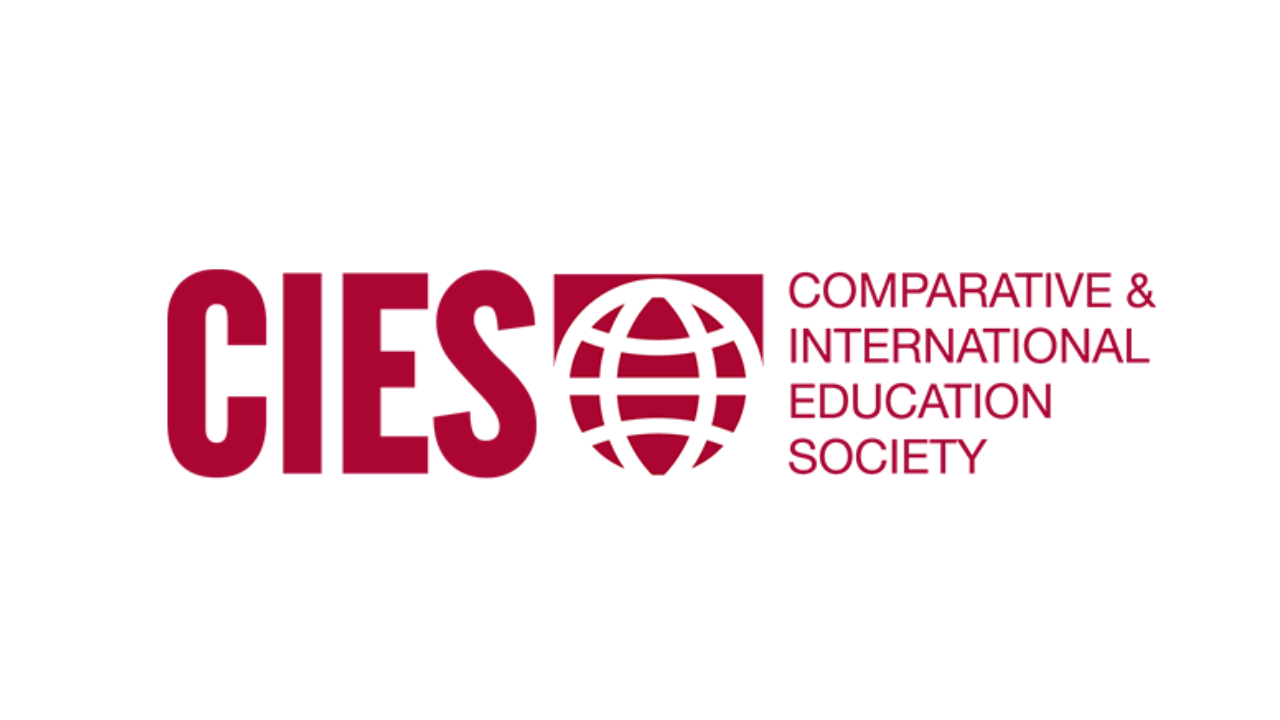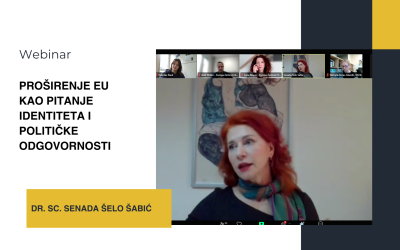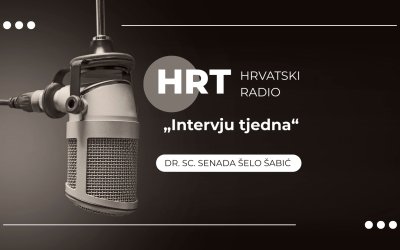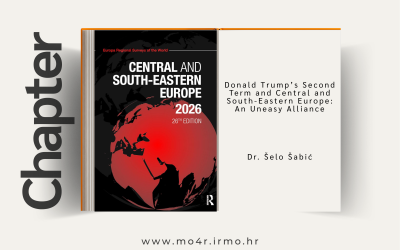On March 24, 2025, the Comparative and International Education Society (CIES) conference hosted the panel “Navigating Challenges in Education: Exploring Technology, Activism, and Suppression in Diverse Contexts.” The panel brought together researchers from Canada, Croatia, Jamaica, United Arab Emirates, and the United States, who analyzed the intersection of educational governance, social inequities, and grassroots resistance during times of crisis.
Emina Bužinkić, a researcher from IRMO, presented her collaborative work with Nina Čolović, a PhD student at the University of Zagreb, titled “Challenging the Crisis: Female Teachers, Capitalism, and Nationhood in Croatia’s Minoritized Education Amidst COVID-19.” Their research delves into the compounded crises facing female educators in Croatia during the COVID-19 pandemic, focusing on how the politics and methodologies of education governance have intensified social inequalities and precarious labor conditions. Bužinkić and Čolović highlighted the ways in which COVID-19 educational policies exacerbated existing racial, gendered, and class-based inequalities. Their presentation emphasized how these policies not only affected the labor and well-being of female teachers but also their capacity for self- and community care. The research also explored how the pandemic inscribed new meanings of precarity, shedding light on the roles of female educators in the reproduction of nationhood, capitalism, and biopolitics, while also showcasing their embodied struggles and collective resilience. The research was conducted as part of the project ENDURE, funded by the Croatian Science Foundation.
